
Coral around the world has been dying at unprecedented rates, largely the result of warming ocean waters due to climate change. Now, the International Coral Reef Society’s scientists have published what they call the “Pledge for Coral Reefs,” a list of 12 actions everyone can take to help protect coral and coral reefs.
“This is an educational tool to remind people that, ‘Wow, when I purchase products with single-use plastic, that affects coral reefs. When I don’t eat sustainably, that affects coral reefs. If I don’t vote, that affects coral reefs. So many environmental and climate change related issues impact coral reefs,” said Andréa Grottoli, professor of earth sciences at The Ohio State University and president of the International Coral Reef Society.
“Each of th...
Read More

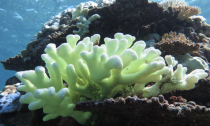

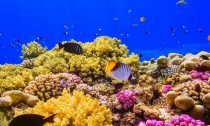
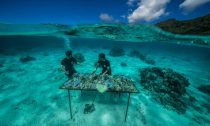
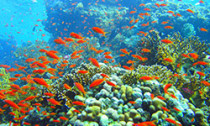
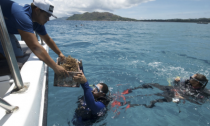
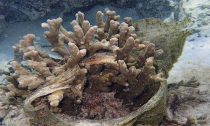




Social Profiles